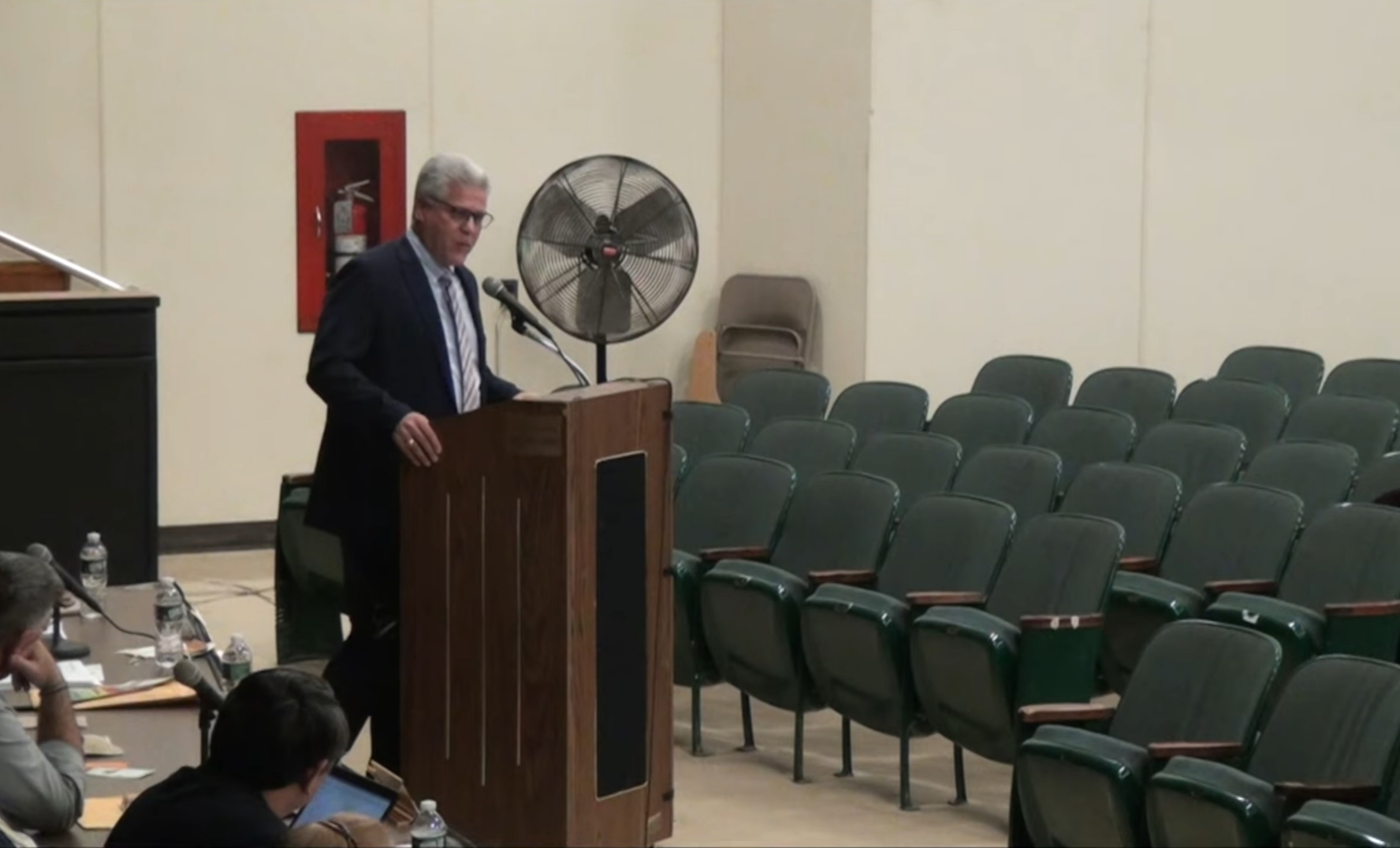EDISON – With the defeat of the $189.5 million bond referendum, the Edison Board of Education will seek input from parents, staff and taxpayers on the best ways to move forward in addressing overcrowding in the schools.
Voters came out to the polls on Dec. 10 and defeated the bond referendum with 3,677 “no” votes and 2,640 “yes” votes, according to unofficial results. The total number of registered voters is 60,440; 6,317 residents voted, which includes 2,481 absentee ballots, or about 10.45% of the total. The official results will include some additional absentee ballots and provisional votes, according to Daniel Michaud, business administrator of the Edison Public School District.
“We will go back to the parents, students and taxpayers of Edison and find a solution to the overcrowding crisis,” Board President Jerry Shi said. “I am committed to that.”
New Schools Superintendent Bernard F. Bragen Jr., who began his role at the helm of the fifth largest township school district on Dec. 9, expressed disappointment.
“We are disappointed that the referendum did not pass and we will explore all options as we continue to move forward in addressing the significant issues of overcrowding in our schools,” he said.
With students literally learning in closets and trailers and eating lunch in classrooms, the need for more space in the Edison Public Schools has been evident.
Currently, the Edison Public Schools, which has 19 buildings – two high schools, four middle schools, nine elementary schools, one intermediate school, one primary school, and the operation of a preschool program – has 2,919 students without a seat.
For the past year, the district had been working with SSP Architects, Bridgewater, to address the overcrowding issues. They came together and proposed a referendum to provide the necessary additional space to the six neediest schools in the district – John P. Stevens High School, Edison High School, John Adams Middle School, James Madison Intermediate, and John Marshall and Lincoln elementary schools – not only to fix the overcrowding issues now, but for future generations to come.
The district proposed to issue a 30-year bond for the funding of the $189.5 million referendum. The state had agreed to contribute just over $31 million – in the form of debt service aid – towards the costs of the project contingent on the passing of the proposal.
For an average home assessed value of $179,000, the tax impact would have been $18.67 per month.
Contact Kathy Chang at [email protected].

